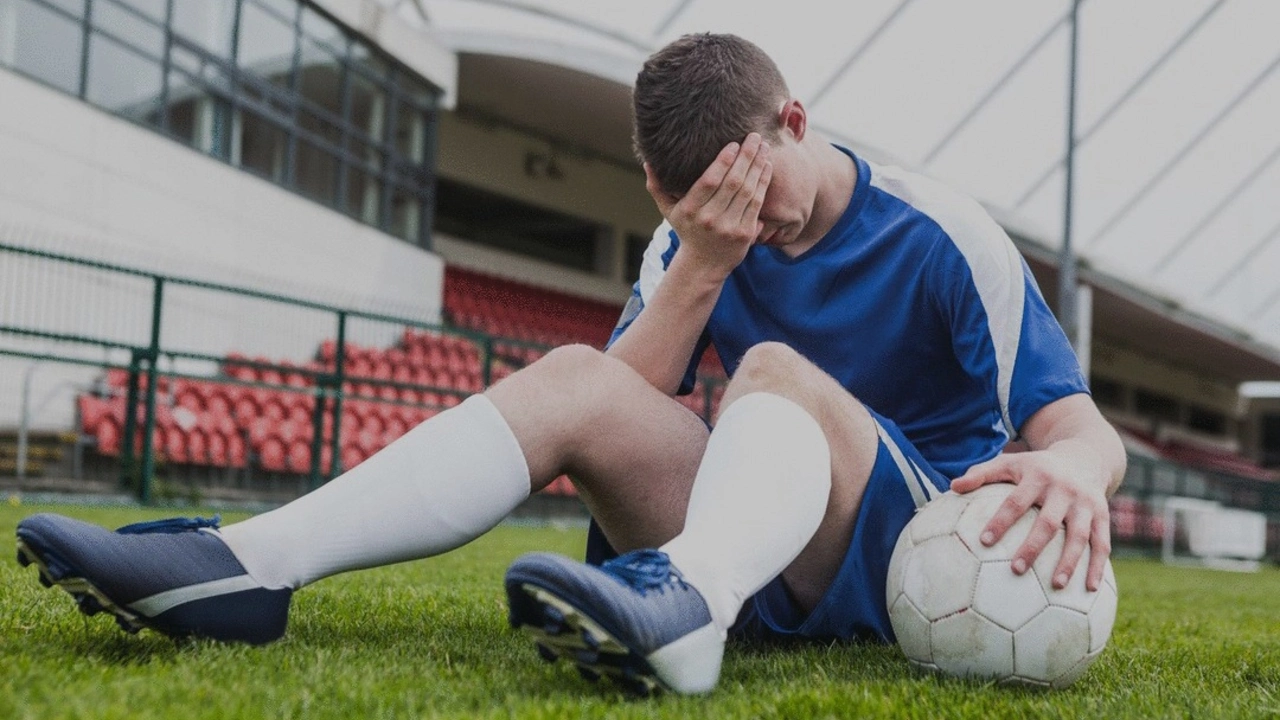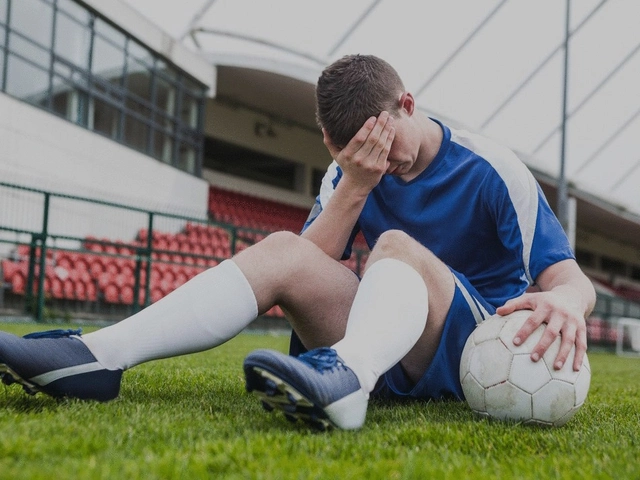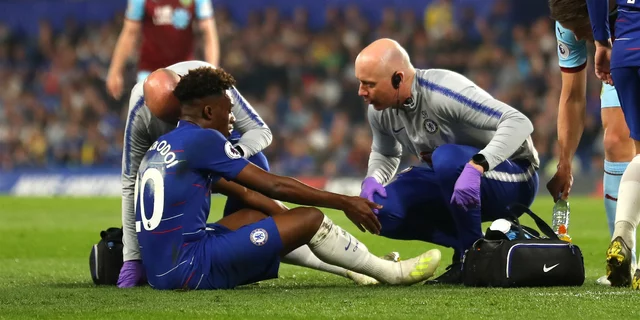Why do soccer players flop so much?
Understanding the Concept of Flopping
When you think of soccer, what comes to mind? The roar of the crowd, the thrill of a goal, the artistry of a well-executed play? Or perhaps, the dramatic sight of a player seemingly mortally wounded one moment, then miraculously healed the next? This aspect of soccer, known as 'flopping', is a subject of much debate and discussion. Flopping, also known as diving, is when a player intentionally falls or reacts excessively to create the impression of having been fouled. It's a controversial tactic, criticized by many yet used by plenty. So why do soccer players flop so much? Let's delve into it.
The Strategic Advantage of Flopping
Flopping is seen by many players as a strategic move. In a game where the difference between winning and losing can come down to a single goal, any advantage can be crucial. A well-executed flop can trick the referee into awarding a free kick, penalty, or even sending off an opponent. Despite the criticism, there are those who argue that flopping is just another part of the game. It's a way to gain an edge, to put the opponent under pressure, and to influence the referee's decisions.
Gamesmanship and the Art of Deception
Another reason why soccer players flop so much is because of the culture of gamesmanship in the sport. Soccer is not just a physical game; it's a mental one too. The ability to deceive and outwit your opponent is just as important as the ability to outplay them. A successful flop can disrupt the flow of the game, break the opponent's momentum, and mentally unsettle them. It's a psychological tactic, a form of gamesmanship that can have a significant impact on the outcome of a match.
The Influence of Refereeing Decisions
The role of the referee is central in the prevalence of flopping in soccer. The referee's interpretation of a foul can be subjective and varies from game to game. It's no secret that some players and teams have a reputation for flopping, and referees are often accused of being influenced by these reputations. The pressure on referees to make the correct call, especially in high-stakes matches, can lead to uncertainty and inconsistency, which in turn, encourages more flopping.
The Spectacle and Drama of Soccer
Whether we like it or not, flopping adds a certain level of drama and spectacle to soccer. The theatricality of a well-performed flop can be entertaining, drawing in audiences and creating talking points. The drama of a contentious foul or penalty decision can add to the overall spectacle of the game, making it more engaging and exciting for viewers. This, in turn, drives the commercial success and global popularity of the sport.
The Role of Media and Technology
With the advent of technology and the influence of media, flopping has become even more prevalent and controversial in soccer. Slow-motion replays and social media scrutiny can highlight and amplify incidents of flopping, leading to public debate and criticism. However, they can also expose the deceit, leading to post-match penalties and tarnishing the reputation of players. This has led to calls for the use of technology, such as Video Assistant Referee (VAR), to be used more extensively to discourage flopping.
Addressing the Issue of Flopping
So, what can be done to tackle the issue of flopping in soccer? There are several potential solutions, from harsher penalties and post-match reviews to the greater use of technology. Some argue for a cultural change within the sport, promoting fair play and sportsmanship over gamesmanship and deceit. Ultimately, it will require a collective effort from players, coaches, referees, and governing bodies to address the problem. But until then, flopping will continue to be a part of soccer - a controversial, yet intriguing aspect of the beautiful game.





